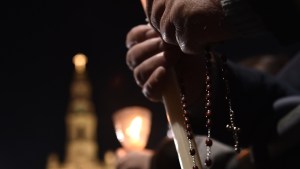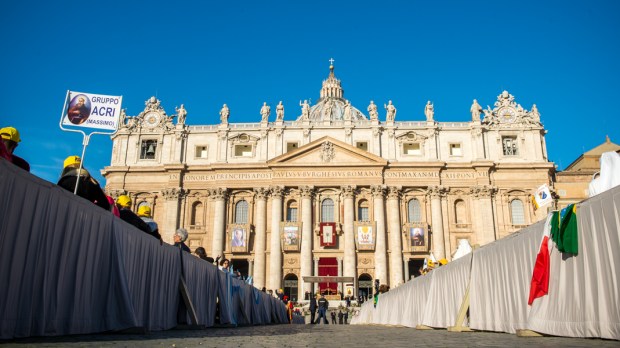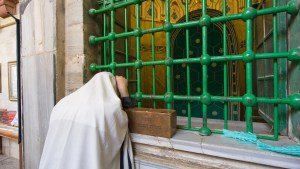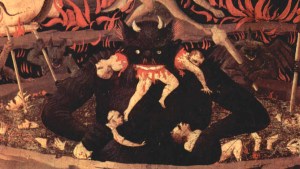The advocatus diaboli (Latin for Devil’s Advocate) is also known, in the Vatican, as the promotor fidei (literally, the Promoter of the Faith). Whereas the name alone may conjure up images of sinister rituals or caricatured conspiracies, the title had a very different meaning.
The Devil’s Advocate’s official name is, indeed, that of the Promoter of the Faith – and it literally has nothing to do with the devil. This is a centuries-old position within the Roman Catholic Church, and it referred to the person responsible for scrutinizing and challenging the process of canonization of saints.
Whereas the specific responsibilities of the person entrusted with this role naturally evolved over time, its purpose remained the same: to ensure that the Church recognizes only individuals whose lives and deeds are truly worthy of being recognized as exceptional examples of a life lived in fidelity to God’s grace (Cf. CCC 828). In that sense, and in that sense alone, the Promotor Fidei was the “Devil’s Advocate”: in charge of presenting arguments against those being canonized – that is, of accusing them, something the Bible claims the devil does “day and night” (Cf. Rev. 12, 10).
Pope Sixtus’ system
The history of the Devil’s Advocate (as a real, actual, official post in the Vatican) goes back to the 16th century, when Pope Sixtus V established the Congregation of Rites – which later became the Congregation (now Dicastery) for the Causes of Saints. The primary objective was to create a rigorous system for the canonization of saints –a process that can take many years or even centuries to complete. This system was designed to safeguard against hasty or unwarranted canonizations and required a critical examination of a candidate’s life and reported miracles – including someone willing to do research and compile arguments against the candidate.
The Devil’s Advocate, for obvious reasons, would often be a canon lawyer – that is, someone with significant knowledge about the legal system of the Catholic Church. This lawyer has the unique task of playing the role of the skeptic during the canonization process. This involved scrutinizing the evidence presented in favor of the candidate’s (alleged) sanctity, examining their writings and actions for any potential flaws or contradictions and, of course, raising objections against the canonization, if any. It was only natural that this role would soon earn the ominous moniker of Devil’s Advocate: it is a clearly adversarial stance.
A somewhat undeserved moniker
But despite the provocative nickname, the Devil’s Advocate’s role was not to oppose the candidate’s canonization, but just to ensure that the case was thoroughly examined from every possible angle. It was, indeed, a great responsibility. A good Promoter of the Faith guarantees that the Church is not inadvertently elevating someone whose life did not meet the real standards of a life properly lived.
In 1983, Pope John Paul II made several significant changes to the canonization process. One of the most notable changes was the “removal” of the Devil’s Advocate. The position had become a roadblock to the canonization process, and it eventually led to a heavy backlog of cases. Some critics argued that the role was overly critical and slowed down the recognition of worthy candidates for sainthood. As a result, the role of the Devil’s Advocate was redefined and the Church now employs a Promoter of the Cause to present arguments both in favor and against the candidate. The process still is indeed an exhaustive one, and it involves the collection of historical and testimonial evidence, medical examinations of alleged miracles, and a thorough theological and philosophical examination of the candidate’s writings, if any. In cases of controversy (and, in general, whenever needed) the Vatican may still ask for the free testimony of critics of a candidate for canonization.




